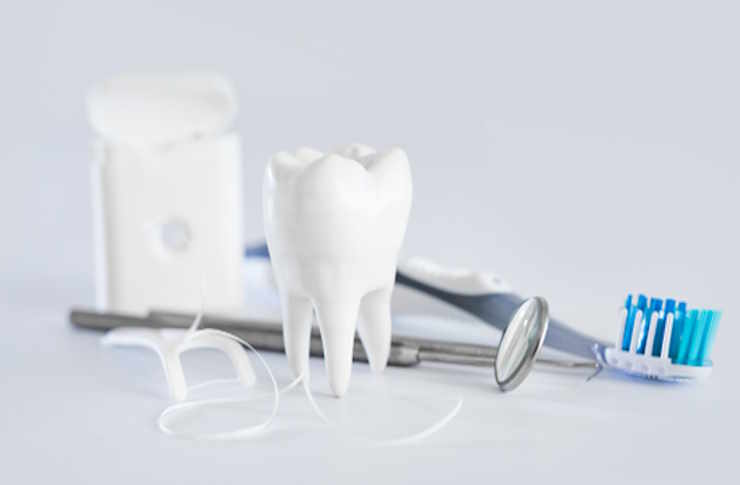Understanding Sperm Donation: A Comprehensive Guide to Helping Create Families
Sperm donation is a vital medical process that enables individuals and couples experiencing fertility challenges to achieve their dreams of parenthood. This generous act has helped countless families worldwide, with increasing demand as assisted reproductive technologies advance. This guide explores the essential aspects of sperm donation, from the donation process to legal considerations and emotional implications.

What Is Sperm Donation and Who Can Benefit?
Sperm donation involves a male donor providing sperm to assist others in conceiving children. This process benefits various groups, including same-sex couples, single women choosing to become mothers, and heterosexual couples dealing with male infertility. The donated sperm can be used in various fertility treatments, including artificial insemination and in vitro fertilization (IVF).
What Are the Requirements for Becoming a Sperm Donor?
Potential donors typically must meet strict criteria to ensure the quality and safety of donations. Requirements usually include:
-
Age range between 18-39 years
-
Good physical and mental health
-
No significant genetic disorders in family history
-
Willingness to undergo regular medical screening
-
Commitment to maintaining a healthy lifestyle
-
Agreement to provide detailed medical and personal history
How Does the Sperm Donation Process Work?
The donation process involves several carefully regulated steps:
-
Initial screening and application
-
Comprehensive medical examination
-
Genetic testing
-
Infectious disease screening
-
Multiple sperm sample collections
-
Quarantine period for samples
-
Final testing before release
What Legal and Ethical Considerations Should Donors Know?
Sperm donation involves important legal and ethical considerations. Donors must understand:
-
Their rights and responsibilities
-
Privacy and confidentiality agreements
-
Legal implications of donation
-
Potential future contact arrangements
-
Consent and documentation requirements
-
Limitations on number of donations
What Are the Emotional Aspects of Sperm Donation?
Both donors and recipients experience various emotional aspects throughout the process. Donors should consider:
-
Personal motivations for donating
-
Potential psychological impact
-
Future implications of their decision
-
Possibility of donor-conceived children seeking contact
-
Impact on current or future relationships
-
Counseling services availability
What Are the Financial Aspects of Sperm Donation?
Compensation and costs vary significantly by location and facility:
| Aspect | Typical Range | Notes |
|---|---|---|
| Donor Compensation | $50-200 per donation | Varies by facility |
| Required Visits | 10-15 visits | Initial screening and donations |
| Total Potential Earnings | $4,000-12,000 | Based on 6-month commitment |
| Recipient Costs | $500-1,500 | Per vial of sperm |
Prices, rates, or cost estimates mentioned in this article are based on the latest available information but may change over time. Independent research is advised before making financial decisions.
The decision to become a sperm donor requires careful consideration of medical, legal, emotional, and practical factors. While it offers a meaningful way to help others create families, potential donors should thoroughly research and understand all aspects of the process before committing. Regular consultation with medical professionals and counselors can help ensure a positive experience for all parties involved.
This article is for informational purposes only and should not be considered medical advice. Please consult a qualified healthcare professional for personalized guidance and treatment.




